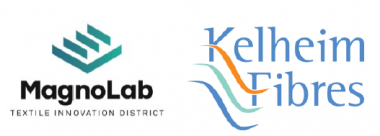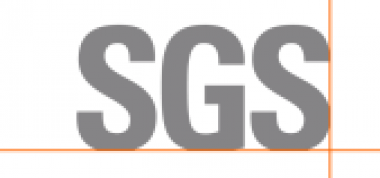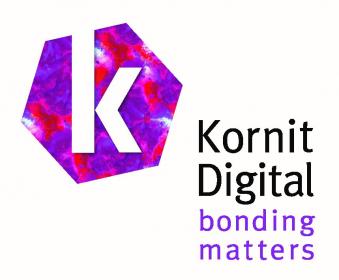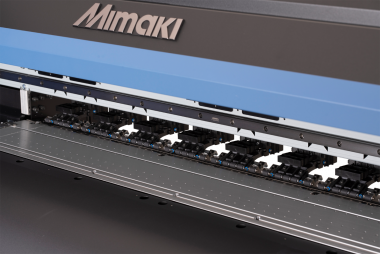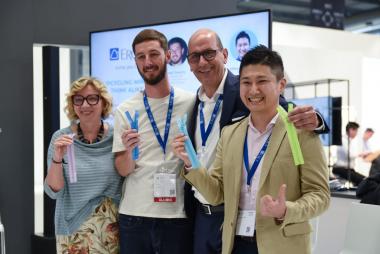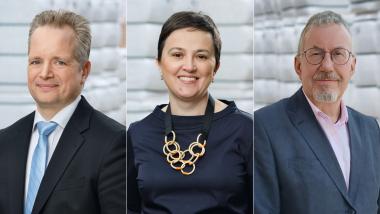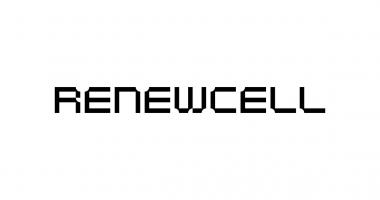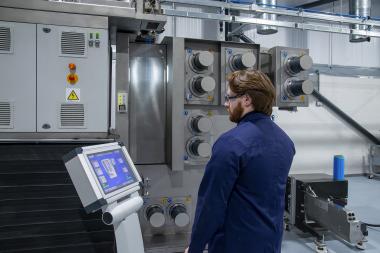Kelheim Fibres and MagnoLab join forces
The viscose specialty fibre manufacturer Kelheim Fibres has entered into a collaboration with MagnoLab, an international network of companies in the textile industry based in the Biella region, Italy.
This partnership highlights the importance of collaboration between different companies to drive innovation and sustainability in the textile industry. Kelheim Fibres sees itself not only as a fibre supplier but also as an innovation partner for the entire industry. Through its Open Innovation approach, Kelheim Fibres fosters the exchange of ideas and knowledge to jointly develop sustainable solutions for the future.
Kelheim Fibres operates several pilot and technical facilities itself. The close collaboration with MagnoLab, which boasts an impressive array of state-of-the-art textile machinery, allows for even more efficient research and development.
The cooperation allows for practical testing, accelerating the implementation of innovations. It also contributes to a closer networking of the European (and thus regional) value chain. Thanks to shorter transport routes within Europe, not only is the environmental impact reduced, but also the realization of innovations in Europe is facilitated.
Dr. Marina Crnoja-Cosic, Director New Business Development, Marketing & Communications at Kelheim Fibres, emphasizes the advantages of the collaboration: " Through close networking with the companies organized under MagnoLab, we can produce small quantities of samples and prototypes using various technologies. This enables us to develop solutions based on our specialty fibres that can be directly transferred to our partners' production facilities within the textile value chain."
Kelheim Fibres GmbH


